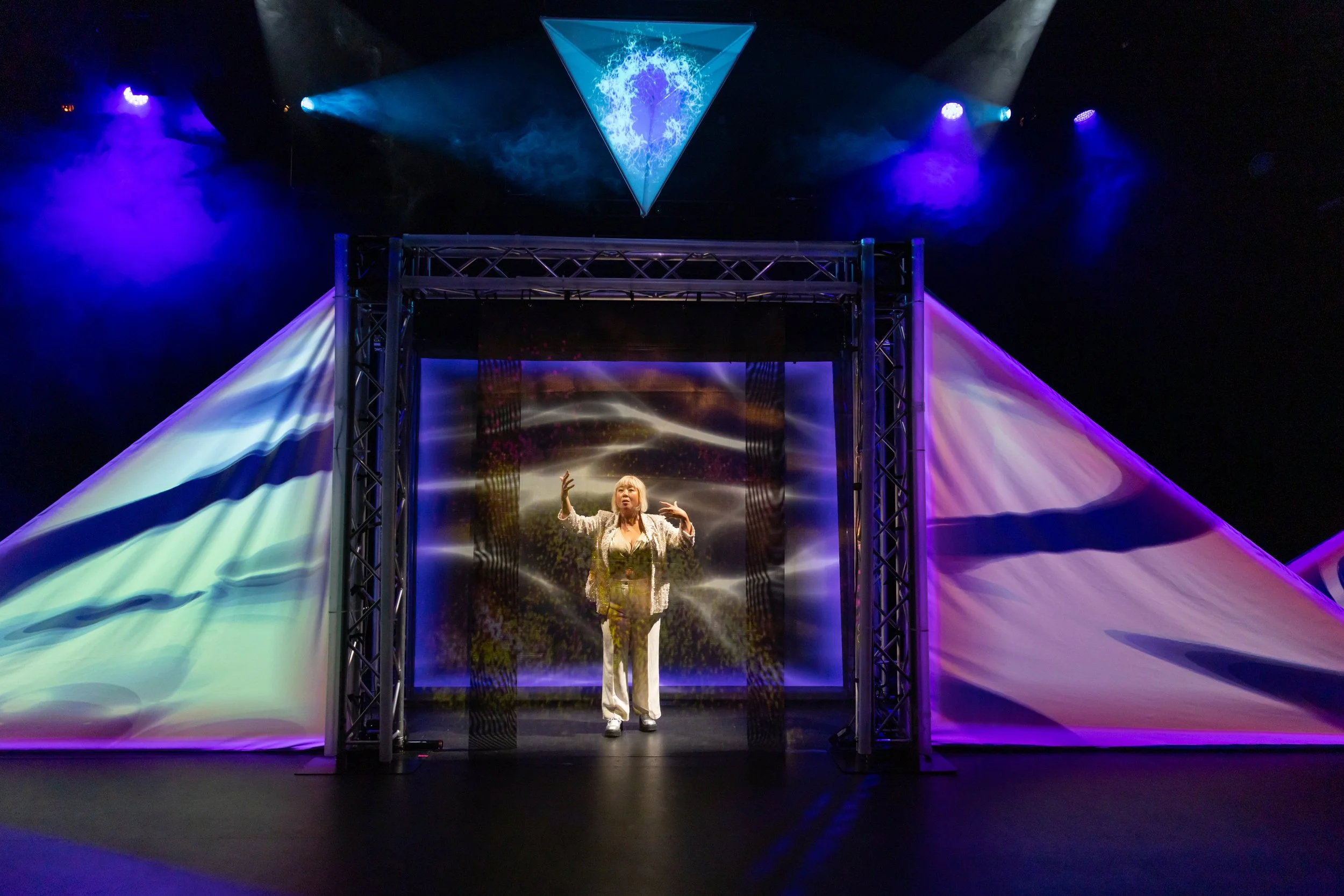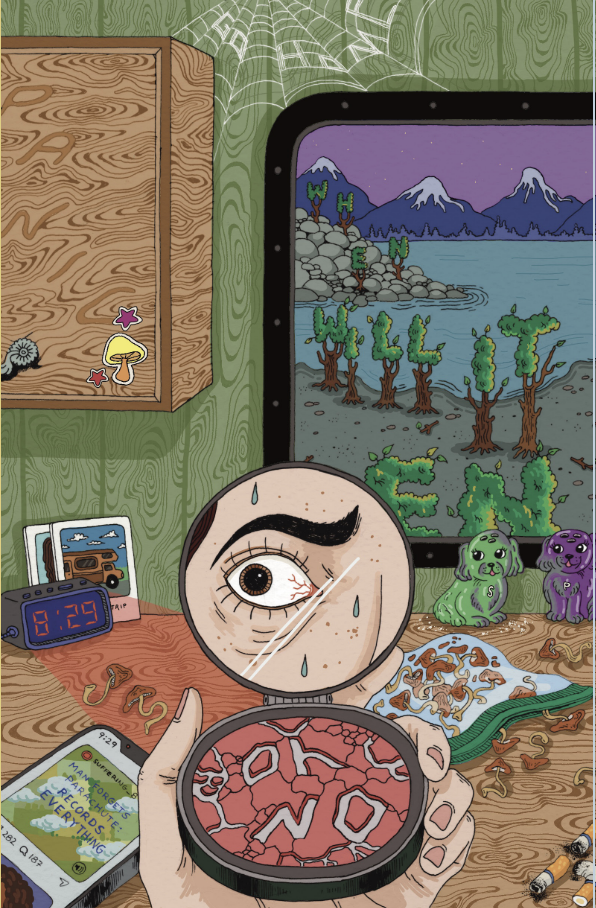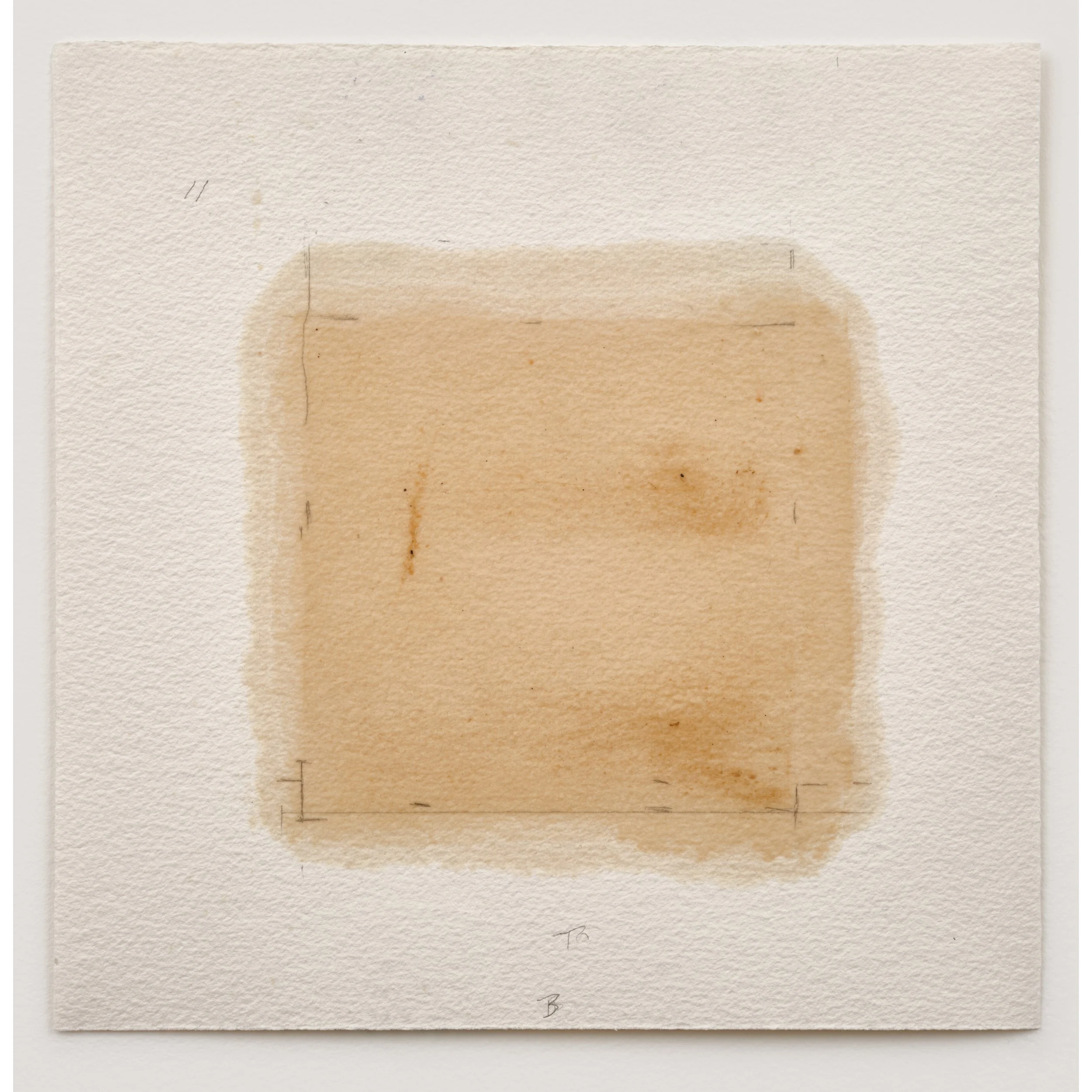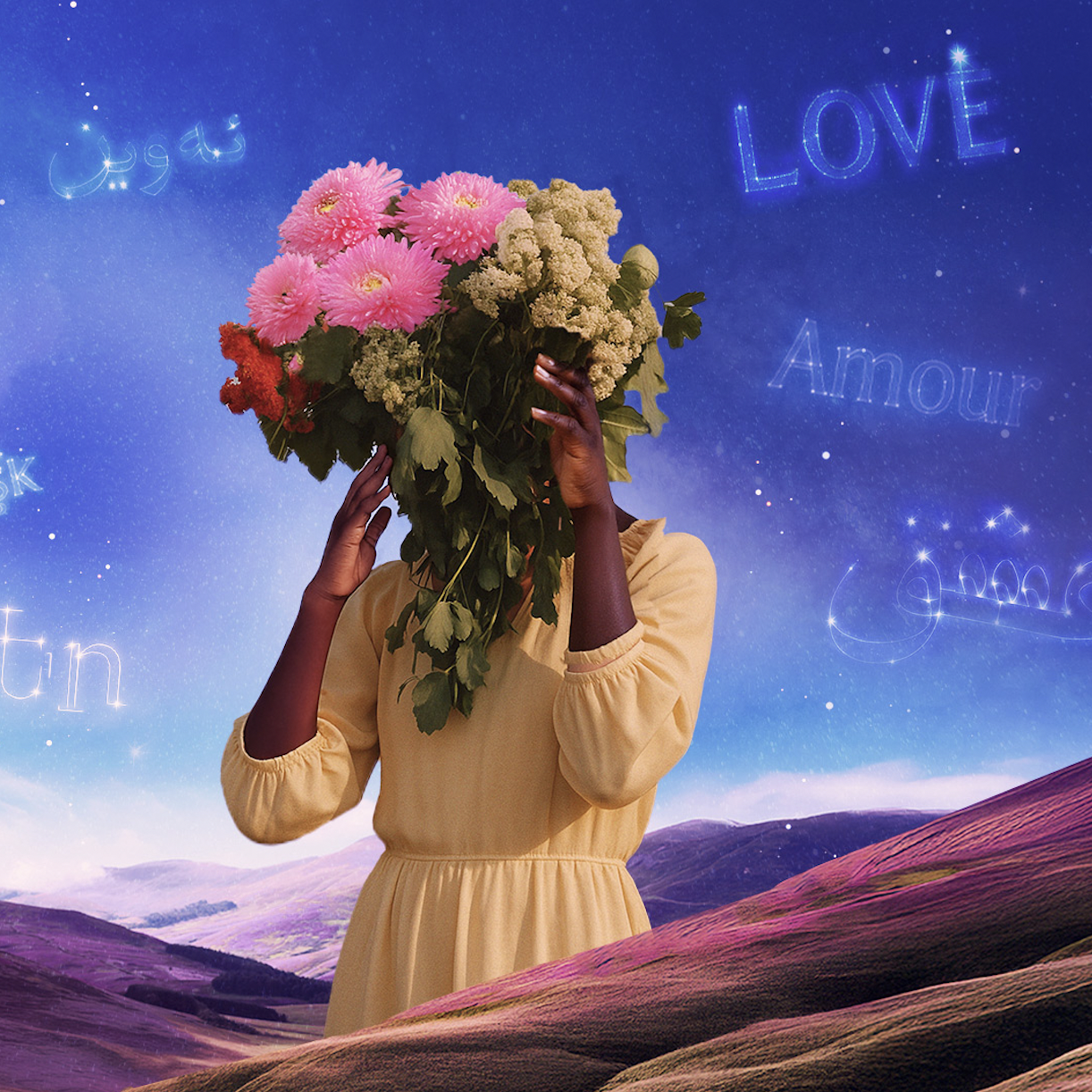The Merry Spinster by Mallory Ortberg
/If you’re a lover of fairy tales with teeth, then look no further than Mallory Ortberg’s newest work The Merry Spinster, a collection of dark short stories adapted from her series “Children’s Stories Made Horrific”. Beloved for her daily literary wit on the cult-hit website The Toast, and bestselling author of Texts From Jane Eyre, Ortberg has curated a chilling and hilarious romp through eleven classic stories.
The Merry Spinster draws the majority of its inspiration from classic Grimms’ fairy tales, while also weaving in elements from Hans Christian Andersen, Shakespeare, the Bible, and lesser known folktales and ballads. The resulting collection is a grim tapestry of both well-worn and more obscure tales, updated for the modern reader and delivered in Ortberg’s distinctly witty and affable style. Her writing in The Merry Spinster falls somewhere between Douglas Adams’ dry humour and whimsical wit, and Emily Carroll’s taste for the macabre. She combines an ostensibly British brand of bureaucratic language with earnest and visceral subject matter, striking a contrast that highlights the brutality of our most beloved fairy tales. Ortberg’s brand of horror is subtle and emotionally complex, underpinned by earnest—yet playful—feminist sensibilities.
Her settings, which vary from fairy tale medieval to vaguely post-apocalyptic, are at once bizarre and familiar. She describes the unusual societies therein with anthropological flair, frequently subverting expectations of gender roles through her fluid use of pronouns and characterization. In “The Thankless Child”, Cinderella—here named Paul—debates with her stepsisters Robin and Gomer as to who will become the wife or husband of the priest’s son. In the titular tale “The Merry Spinster”, Beauty is not particularly beautiful, and her roguish brother is called Sylvia. “The Frog’s Princess” features a Princess who is a boy but also a daughter with he/him pronouns. Ortberg employs these unexpected shifts gracefully, naturalizing them into her settings so that they are simply part of the narrative, rather than conspicuously tacked on.
Moreover, Ortberg dissects, reconstructs, and subtly twists the archetypal roles and relationships that occupy our stories. You will find no shortage of abusive parents, gaslighting friends, manipulative princes, and beleaguered princesses; however, you will discover that some characters are quite the opposite of what you might expect. “The Daughter Cells” features a Sea Witch with altogether different intentions, and “The Thankless Child” concerns a Godmother of the worst sort. “The Rabbit”, Ortberg’s harrowing spin on The Velveteen Rabbit, handily delivers the “everyday horror” promised on the cover of the book. It is, perhaps, the most horrific in the traditional sense of the word, but Ortberg’s stories all contain a kernel of existential dread. Much of the horror lies in familiar, mundane places; it hides in toxic relationships, and in our fear of losing our agency, our health, and our loved ones.
Throughout the collection, Ortberg approaches her source material with a mixture of reverence and subversive gusto, highlighting some of the unsettling truths that have always been ingrained in the stories we pass from one generation to the next. For all her trademark flippant humour, Ortberg injects every story in The Merry Spinster with something poignant and quietly profound, leaving the reader delightfully unsettled.






